There are many doubts about houses or apartments in Japan. Some ask: Are houses in Japan small? Is buying a house in Japan expensive? Is Rent in Japan Expensive? Is it worth renting or buying a house? We will answer these and other questions in this article.
Many people tend to generalize houses in Japan because they have seen people living in a cubicle on television. In reality this happens when more than half of the Japanese population prefers to cluster in the same city.
Japan is very big, you can have mansions, giant multi-storey houses, or a small apartment if you want less work. Life in Japan is hectic, food in restaurants is cheap and affordable. Japan is simply practical!
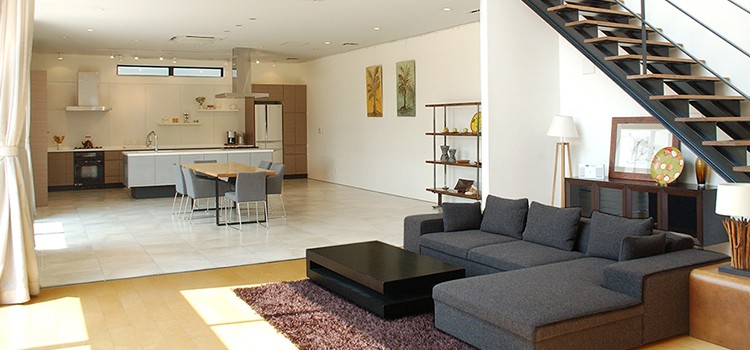
Table of Content
How are the Houses in Japan?
A generalized idea of foreigners is that houses or apartments in 日本 are extremely small. Yes, apartments in the center of 東京 can really cost a fortune, both for rent and purchase.
But on the other hand, there are houses for sale in many regions of Japan for super cheap prices, there are places where the government even offers land and houses for free. All this for the agglomeration mentioned at the beginning of the article.
So who thinks that Japan lacks space and that everyone is living cramped and crowded. it's totally wrong. Neither I nor most Japanese see the need for a giant house to take the trouble to clean.
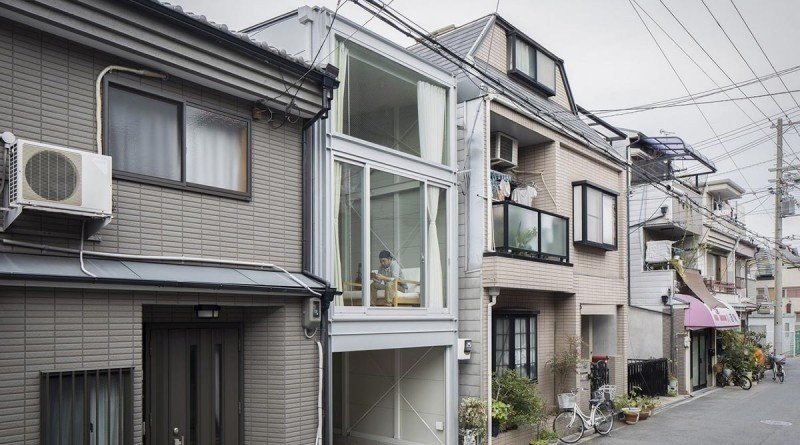
Most houses are between 40m² to 90m² but it is common to find huge houses with 200m² or tiny AP of 20m² in cities like Tokyo. It may seem small but most houses have 2 floors and a facility that western houses don't usually have.
Some of these facilities include the ofurô (bath), bathroom separate from the bathing area, air conditioning, sliding doors, tatami flooring, and many other unique characteristics. Although small, Japanese houses are powerful; I wish I had one here.
If you buy land, building a Japanese house takes 4-6 months to complete. Generally, construction companies offer standard or custom designs.
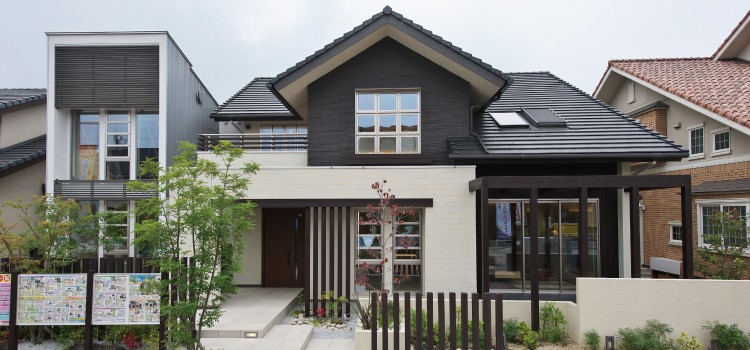
How much does a house or apartment cost in Japan?
This is very relative, it is possible to find cheap houses for 100,000 reais, but prices can easily exceed 1 million reais depending on the location and size. Due to the Japanese salary, most would rather pay rent than buy a house.
Is the house in Japan very expensive? No, it's not always expensive. First, you should never compare prices of things in another country using our currency real. The economy and the salary of the country is totally different.
To understand the size and price of properties, visit this site by clicking here. We will make a comparison with a table below, considering that the square meter refers to the area of the house and not the land, and that all the houses below have an ofuro and a separate bathroom.
Responsive Table: Scroll the table to the side with your finger >>
| Price 円 | R$ Price | Size m² | Location | Others |
| 198.000.000 | 6.000.000,00 | 400 | Osaka | 5 floors 6 bedrooms |
| 61.800.000 | 1.800.000,00 | 256 | Kanagawa | 2 floors 6 bedrooms |
| 34.800.000 | 1.000.000,00 | 122 | Chiba | 2 floors 3 bedrooms |
| 23.800.000 | 722.000,00 | 63 | Tachikawa - Tokyo. | 2 floors 3 q - 2012 |
| 6.000.000 | 182.000,00 | 87 | Gifu | 2 floors 4 bedrooms |
Did you realize that there are cheaper houses than in Brazil? Of course, some of these houses need renovation, you should know well before buying. None of the houses mentioned above are small as some like to generalize.
In Japan where the minimum wage starts at 5 thousand reais, is it expensive to pay 700 thousand reais for a house? Remembering that everything needs to be researched and analyzed. Owning houses in Japan also comes with other expenses such as taxes, construction company, and maintenance.
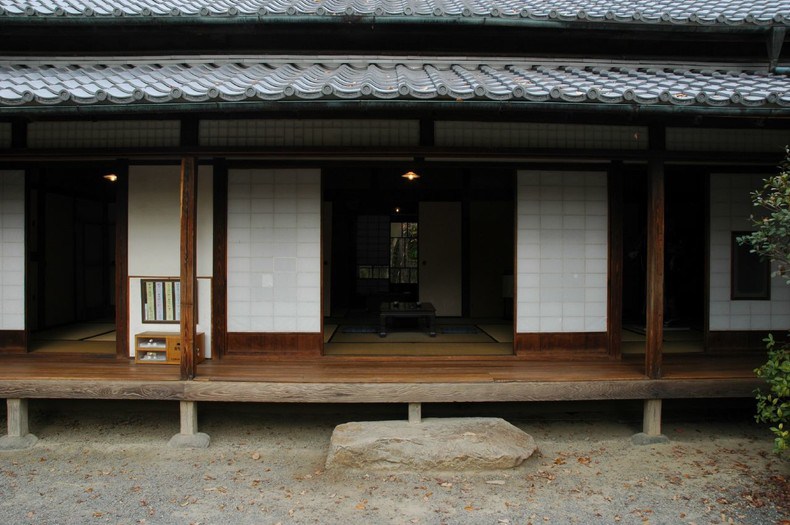
Should I Buy or Rent a House in Japan?
Despite the affordable price, it's not easy to find a house in a nice location, close to a train station, close to your job. In addition, it is necessary to pay insurance, taxes and go through a lot of bureaucracy.
Often buying the house without examining the contract can end up causing a lot of problems. Many prefer to live on rent because they work in factories with an uncertain job, cannot earn money, or are unable to finance.
Some singles find it easier to live in a rented apartment in a big city. Many Japanese and especially foreigners who have an uncertain future prefer to pay rent rather than spend millions on a house.
Some rentals are very flashy, some even offer free internet, water, gas, insurance and energy. Others find that renting a house means less work, less expense, and they can live their lives without worrying about anything.
They think that just having a place to lay their heads and store their stuff is enough for the busy lifestyle they lead. Many use their salary and free time for leisure and have no reasons to stay at home; some even prefer to live in small apartments that resemble capsule hotels.
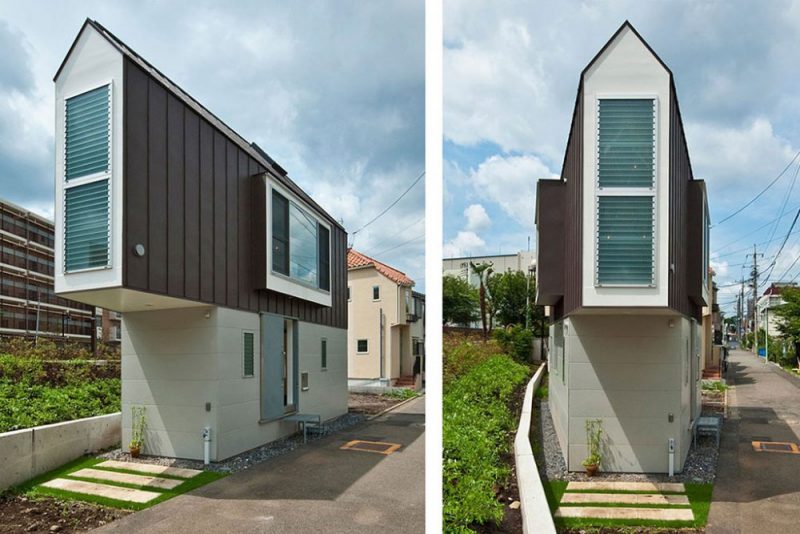
When the Japanese intend to get married and start a family, buying a house becomes one of the goals. The parents of some young people save money from their childhood to present their son with a house. Other children gain a home from their parents' inheritance.
Therefore, living or not renting is not due to the economy, but a personal choice. No matter the country, there will always be families who want a house, but are unable to finance or buy it.
The fact is that having a home in Japan is not impossible and it's not that difficult, if you want it, you have to go after it. It is necessary to analyze the circumstances to know if it is worth buying or renting.
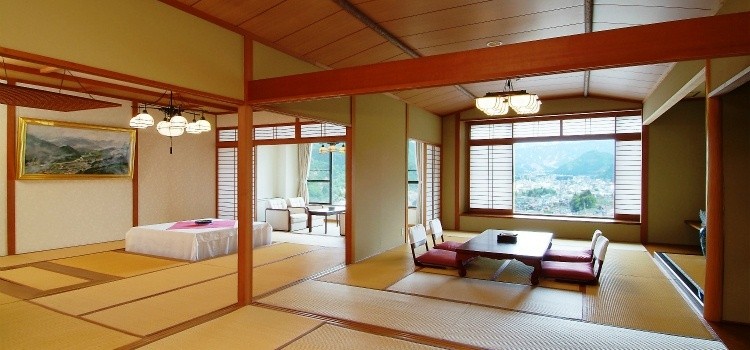
Is it possible to finance a house in Japan? What is needed?
A person can only finance a house in installments until the age of 79. It is possible to make an entry to reduce the installments, as well as it is possible to finance 100% of the amount according to your annual gain.
If a person buys a house that costs around 30 million with a 35-year mortgage, no down payment, they will pay around 110,000 yen a month paying around 15 million yen more in interest. You need to be aware before financing a property.
To finance a house, it is necessary to have the gensen (proof of income), inkan (seal) and the zaishoku shoumeisho (proof of employment). It is also preferable to have a permanent visa and to be enrolled in some social insurance or health insurance.
Some banks require additional requirements like a steady job for more than 3 years, a guarantor or not being on other financing. You must complete forms entirely in Japanese to proceed with the financing of a property.
